[Joint CQSE & NCTS Seminar] Supervised and unsupervised deep Learning of topological phase transitions from entanglement aspect for one- and two-dimensional chiral p-wave superconductors
Title: [Joint CQSE & NCTS Seminar] Supervised and unsupervised deep Learning of topological phase transitions from entanglement aspect for one- and two-dimensional chiral p-wave superconductors
Speaker: Prof. Ming-Chiang Chung (Department of Physics, National Chung-Hsing University)
Date: May 6, 2022, 14:30-15:30
Place: NCTS Physics Lecture Hall, 4F, Chee-Chun Leung Cosmology Hall, NTU
Online Link: https://nationaltaiwanuniversity-zbh.my.webex.com/nationaltaiwanuniversity-zbh.my/j.php?MTID=m3efd6c4a404b85f1e7a186a89d9b9009
Abstract:
The one-dimensional or two-dimensional chiral p-wave superconductor proposed
by Kitaev has long become a classic example for understanding topological phase
transitions through various methods, such as examining the Berry phase, edge states of
open chains, and, in particular, aspects from quantum entanglement of ground states. In
order to understand the amount of information carried in the entanglement-related
quantities, here we study topological phase transitions of the model with emphasis of
using the deep learning approach. Using both supervised or unsupervised ways, we feed
different quantities, including Majorana correlation matrices (MCMs), entanglement
spectra (ES) or entanglement eigenvectors (EE) originating from Block correlation
matrices, into the deep neural networks for training, and investigate which one could be
the most useful input format in this approach. We find that ES is information that is too
compressed compared to MCM or EE. MCM and EE can provide us abundant
information to recognize not only the topological phase transitions in the model but also
phases of matter with different U(1) gauges, which is not reachable by using ES only.
We also build a procedure for using unsupervised learning to find the phase transition
points. We have used this method for other models.
Biography Brief:
Ming-Chiang Chung, graduated in Free University Berlin with postdoral
experience in Ames Lab, RWTH Aachen, Max-Planck Institute and AS, is a theoretical
physicist working on the field of statistic mechanics, manybody physics, quantum
informations in condensed matter, cold atoms, out of equilibrium physics and artificial
intelligence applied in condensed matter theory. I am trying to capture the core of the
manybody physics, either using quantum field theory or exactly solvable models or
numerical methods like DMRG and Tensor Network or deep learning methods.


